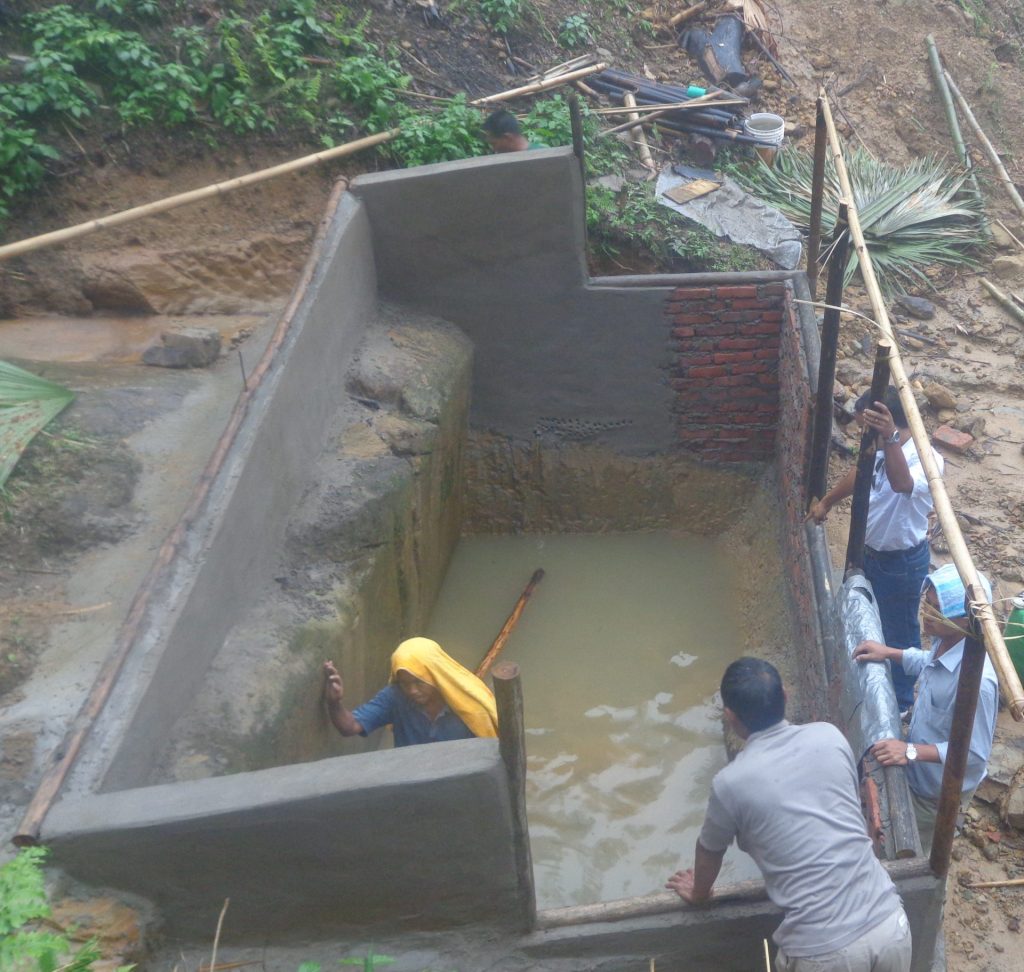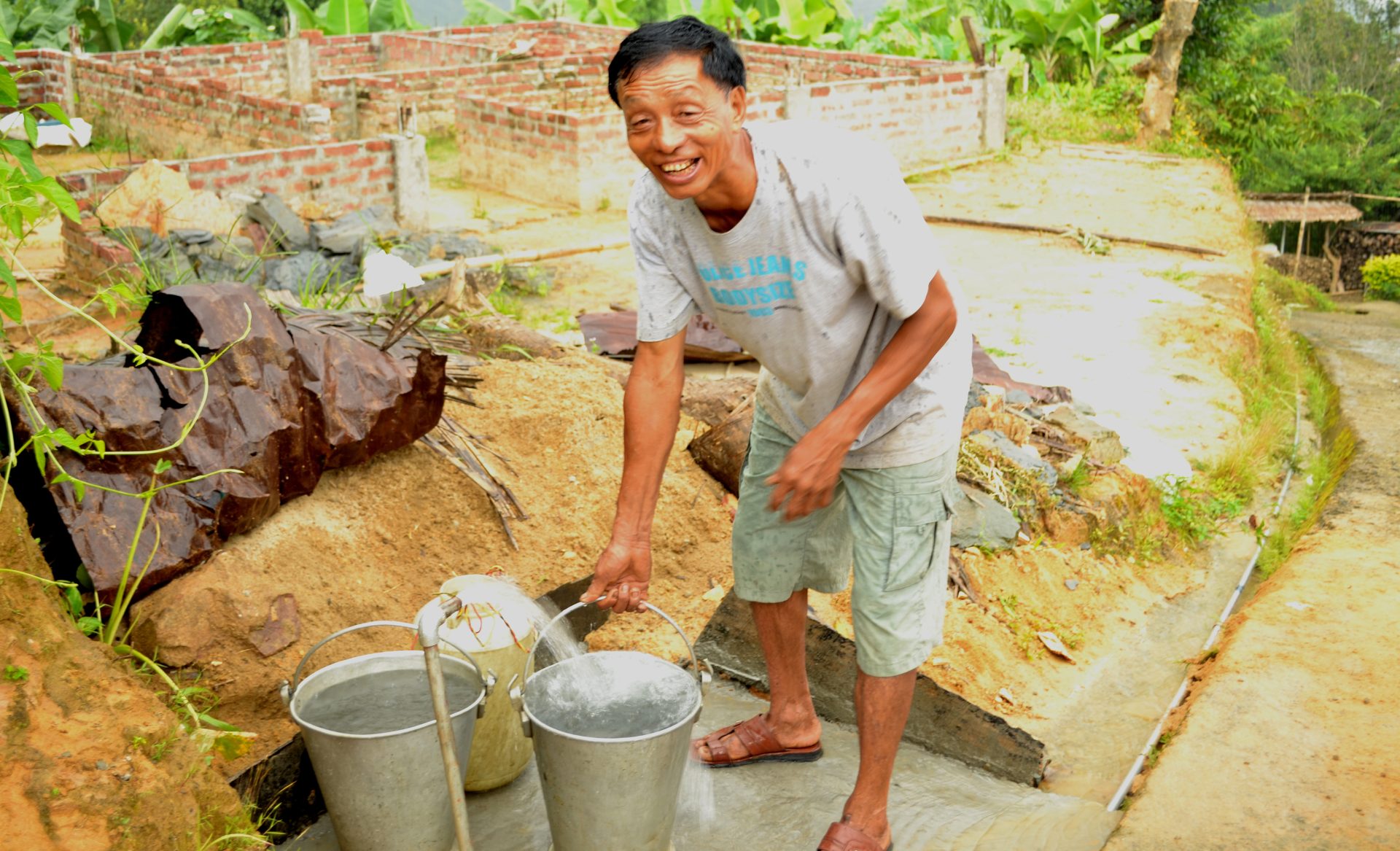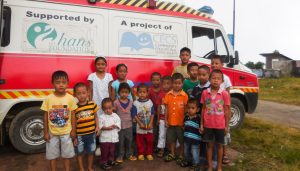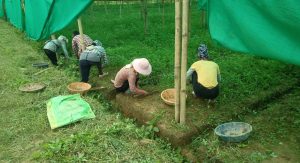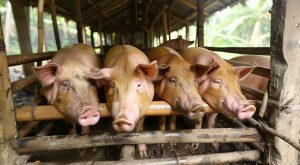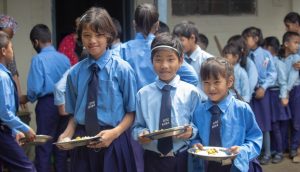The Integrated Water Resource Management and Supply (IWRMS) project, supported by The Hans Foundation, aimed to address the critical need for sustainable water resources in Kangstung village. Launched in response to the challenges posed by inconsistent water availability during drought season, this project focused not only on providing the community with essential water resources but also on ensuring the maintenance of natural sources for long-term sustainability. By enhancing the water infrastructure, the project aimed to mitigate seasonal water scarcity, especially during drought periods, ensuring a stable and reliable supply.
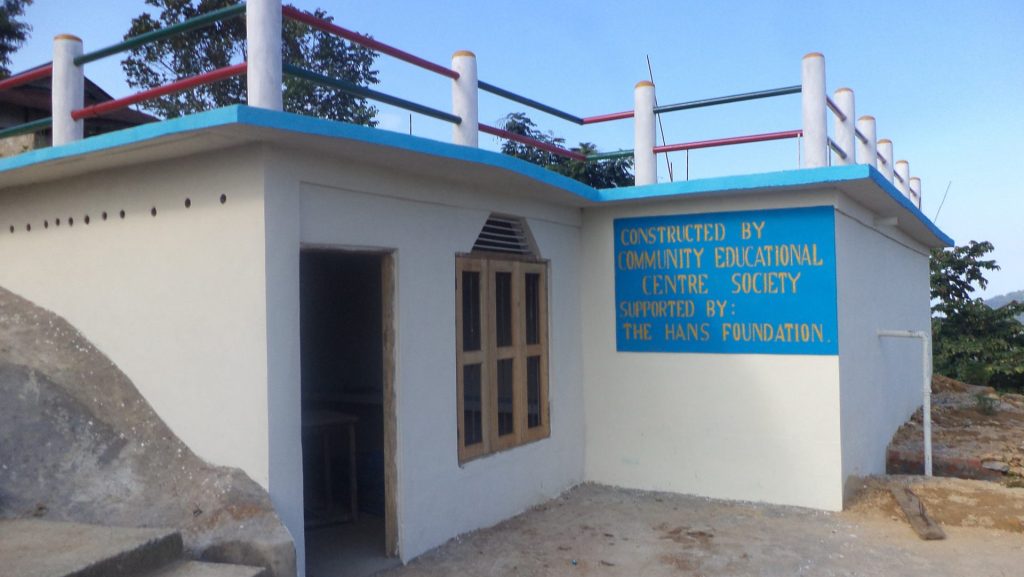
The IWRMS project successfully achieved the following milestones:
- Reservoir Construction – A reservoir with a capacity of 300,000 liters was constructed, designed to capture and store sufficient water during the wet season, ensuring availability in drier months.
- Pipeline Replacement and Expansion – Updated pipes were installed as part of the improved water harvesting infrastructure. Thirty-five new pipelines were laid, supplying water directly to 200 households across Kangstung village.
- Renovation of Natural Water Sources – Two existing natural water sources were renovated, enhancing their capacity and sustainability. These renovations strengthened the village’s ability to maintain access to clean water and conserve vital resources.
- Community Training and Awareness – Community representatives received training on water usage, conservation, and distribution, ensuring that the water supply system would be maintained effectively. This training aimed to enhance community-led management of the water resources, promoting sustainable practices.
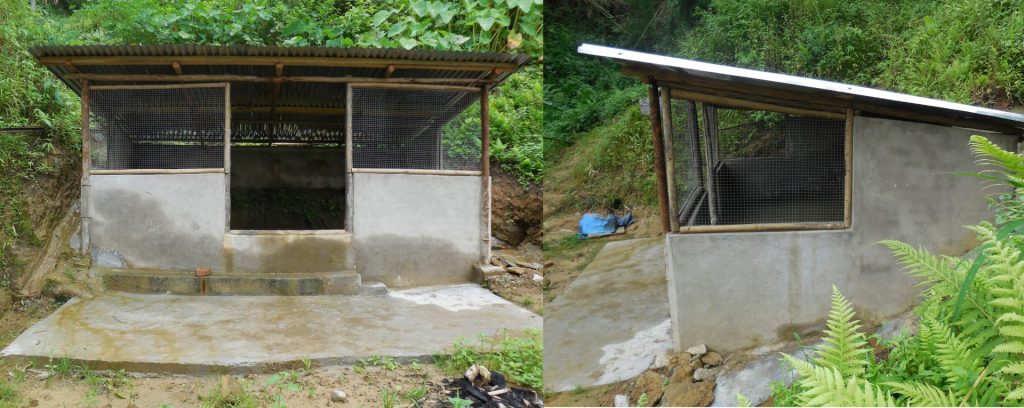
Since its completion in 2013, the IWRMS project has transformed water accessibility in Kangstung village. Community members now experience reliable access to water even during winter and dry seasons, a significant improvement from prior years. The newly constructed reservoir and renovated sources have proven effective in sustaining water availability, greatly benefiting the community. Additionally, the local management training has empowered the villagers to manage their water resources independently and sustainably, reducing dependency and building resilience against future climate-related water challenges.
